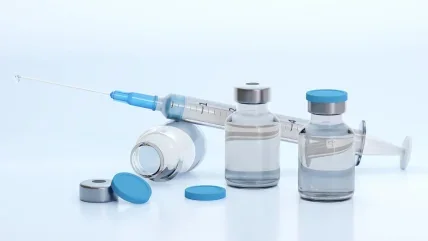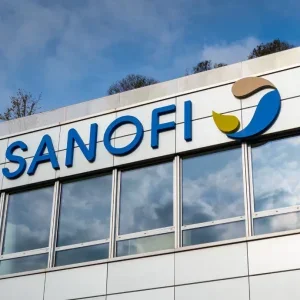
US-based biotechnology company Sarepta Therapeutics has received the US Food and Drug Administration (FDA) approval for an expansion to the labelled indication for Elevidys.
Elevidys (delandistrogene moxeparvovec-rokl) is a single-dose gene transfer therapy designed to address the underlying cause of Duchenne muscular dystrophy (DMD).
The drug was previously approved in the US, under the FDA’s accelerated approval pathway, to treat ambulatory DMD patients aged 4 to 5 years, with a confirmed mutation in the DMD gene.
Current FDA approval expands the indication to include both ambulatory and non-ambulatory DMD patients aged at least 4 years, with a confirmed mutation in the DMD gene.
The US health regulator said that the expanded approval is based on the totality of the evidence, including the potential risks, severity of the disease and the unmet medical need.
Continued approval of Elevidys for non-ambulatory DMD patients is expected, subject to verification of clinical benefit in a confirmatory trial.
The drug is not advised for patients with any deletion in exon 8 and/or exon 9 in the DMD gene.
Sarepta president and CEO Doug Ingram said: “Representing many years of dedicated research, development, investment and creative energy, the expansion of the Elevidys label to treat Duchenne patients aged 4 and above, regardless of ambulatory status, is a defining moment for the Duchenne community.
“At this pivotal moment, I want to give warm thanks to Drs. Jerry Mendell and Louise Rodino-Klapac for their dogged, 20-year pursuit of gene therapy to treat this ruthless and life-robbing disease, to the FDA for following the scientific evidence to speed delivery of a therapy for a life-threatening rare disease to waiting patients.”
DMD is a rare and serious genetic disorder caused due to a defective gene that results in abnormalities, or absence of dystrophin, a protein that helps keep the body’s muscle cells intact.
The disease worsens over time, causing weakness and wasting away of the body’s muscles.
Elevidys is a recombinant gene therapy that works by delivering a gene into the body that enables the production of Elevidys micro-dystrophin, a shortened form of dystrophin protein.
Sarepta is committed to conducting a randomised, controlled study to verify and confirm the clinical benefit of Elevidys in non-ambulatory DMD patients.
ENVISION, a global, randomised, double-blind, placebo-controlled Phase 3 study of Elevidys in non-ambulatory and older ambulatory individuals with DMD, is currently underway.
Under a collaboration agreement signed in 2019, Sarepta is working together with Swiss pharmaceutical firm Roche to transform the future of the DMD community.
Sarepta is responsible for manufacturing, along with regulatory approval, and marketing of Elevidys in the US, while Roche is responsible for approvals in the remaining parts of the world.
Elevidys co-inventor and Sarepta medical affairs senior advisor Jerry Mendell said: “Today’s expansion of the ELEVIDYS label represents the culmination of my 50-year pursuit of a treatment for Duchenne patients and, along with my colleague Dr. Louise Rodino-Klapac.
“The initial approval of ELEVIDYS was a significant milestone, and the expanded indication means clinicians now have a treatment option for the great majority of boys and young men living with Duchenne.
“This expansion speaks to the success of the science, the evidence and the improvements in the trajectory of the disease we have seen to date across studies.”






